I thought parenthood would make you a pacifist
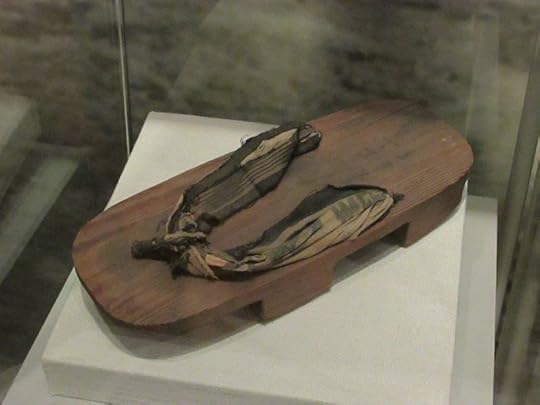
I was stupidly wrong.
I saw parents who fretted about the effects of screen time on their children’s minds seamlessly switch to calling for bombs to fall on the heads of children living on the other side of a non-existent border they would not be able to trace out on a map. This applies to India and Israel and Iran and Pakistan and Palestine and more.
I am not a particularly radical individual, and my political views are so bland that they are hardly worth taking the time or effort to publicise: corporations should not exploit customers or workers, digital development should not exclude the elderly, healthcare issues should be decided by doctors, religion should not hinder a child’s healthy participation in society, journalists should not be persecuted for asking questions, Generative AI use in media should be flagged, and bombs should not be dropped on the head of any baby, anywhere.
But the ideological ground under my feet has shifted so drastically that my bland views are now deemed to be radical, anti-national, traitorous, and shameful to share with (what feels like) a large majority of global society.
Bombs should not be dropped on anyone, but merely asking for them not to be dropped on a place containing a baby has become an act of political blasphemy, if not a form of career suicide for too many across the globe.
But anti-war beliefs are older than multiple nation-states today.
In 2018, I visited the Hiroshima Peace Memorial Museum and the Atomic Bomb Dome.

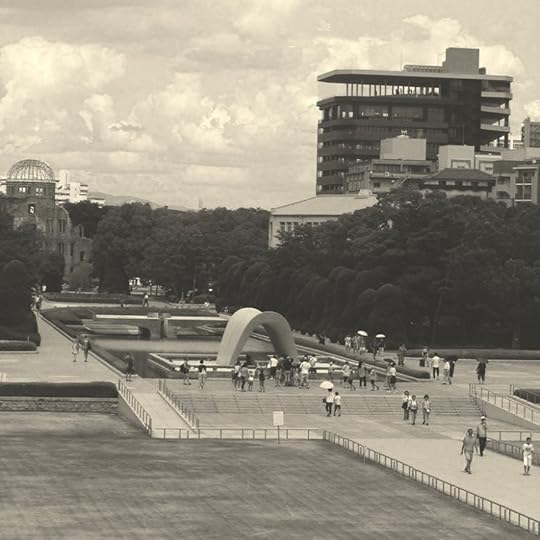


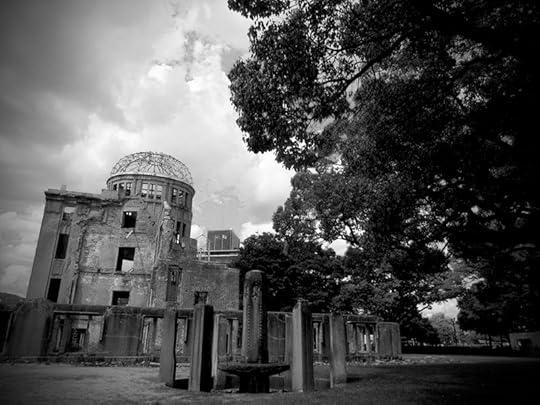
After my arrival at the museum, I slipped into the dark exhibition rooms and stared at cases filled with hair and clothes and personal belongings and even a human shadow on a wall that had been warped by the killing heat of the atomic bomb that the U.S. dropped on Japanese civilians on August 6, 1945.
Even amongst the survivors, innumerable life stories full of promise that were described on the museum’s bilingual poster boards or recorded via video logs were cut short by radiation-induced cancer, with many victims taking months, if not years, to die in excruciating pain.


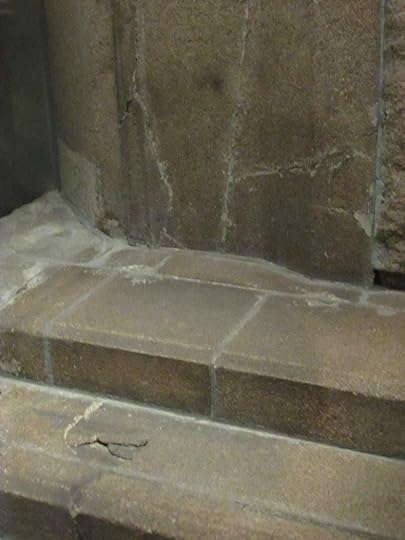



I was deeply affected by a little wooden sandal I saw and photographed. This belonged to a school student named Miyoko and it still bears the imprint of the murdered child’s foot. The sandal strap was made out of a mother’s dress, which was how she recognised it as her child’s footwear. This was all she could find of her baby.
It is specifically this shoe I think of whenever I see anyone calling for a bomb to be dropped. Even today, the memory of that child’s big toe staining the wood of her sandal bars me from taking even a step closer towards anyone trying to convince others that wartime violence is a strategic necessity to stop more deaths or terrorism. These warmongers’ children come home safely in their own sandals, so their shoes remain happily abandoned and unloved on a household rack instead of becoming the most beloved proof of a vanished corpse, protected in a museum’s glass case.
I am writing all this to say that I thought there would be as many pacifists in the world as there are parents, but it is not so. The rest of us must remember wartime violence and resist its normalisation in whatever ways are possible for us.
Let a child’s shoe remain useless to the world.
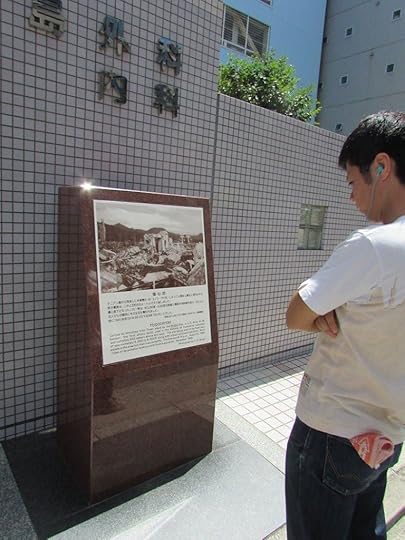
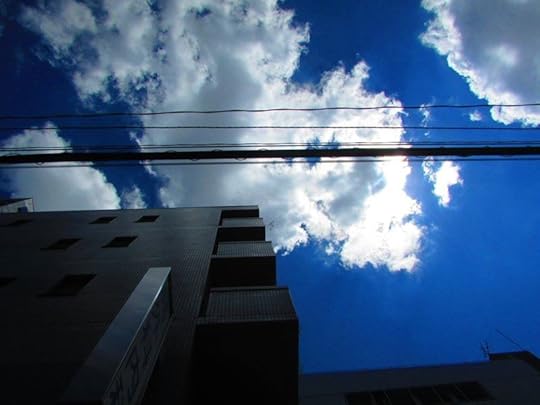
All pictures captured by Sahana Venugopal



